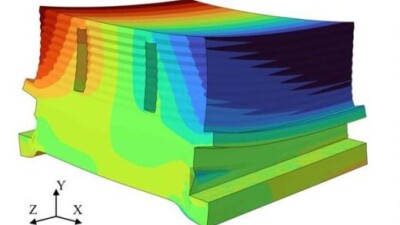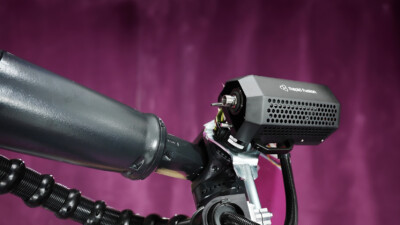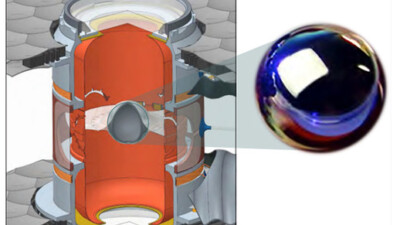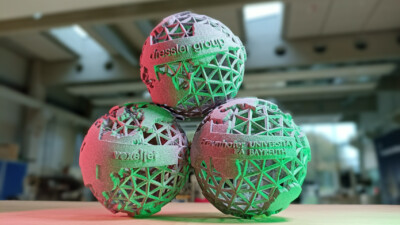Injection molding machine maker and plastics technology center to focus on challenges in the medical sector.
Two major players in plastics are collaborating on materials research for industrial additive manufacturing (AM). ARBURG, the German injection molding machine manufacturer, has joined forces with AIMPLAS, the Spanish research organization specializing in plastics technology.
At the crux of the partnership is a freeformer 200-3X, the smallest of ARBURG’s additive manufacturing machines based on the company’s own ARBURG Plastic Freeforming (APF) technology. The technology is similar to injection molding — in the sense that it involves feeding plastic granules through a nozzle via an extruder screw — although there’s no actual mold involved. AIMPLAS is using the freeform system to test and qualify new AM materials.
Materials under testing included modifications of standard plastics, medical polylactides, and biopolymers both separately and in combination. AIMPLAS researchers are focusing on optimizing tensile strength, elongation at break, compression set, solubility and water resistance. Once the material properties have been dialed in, the next step will be 3D printing components for orthoses, resorbable implants and various other treatments for bone fractures, among other applications.
According to ARBURG, a major advantage of this approach is that the process parameters are sufficiently flexible to adjust component properties in a targeted manner. Ideally, small series additively manufactured with the freeformer will prove to be both scalable and customizable.
The freeformer 200-3X will be on-loan to AIMPLAS for the next year, following ARBURG’s installation and training of AIMPLAS staff last month. With hard work and a little luck, the two organizations hope to see a new suite of standardized, high-performance materials for additive manufacturing in the medical sector.



